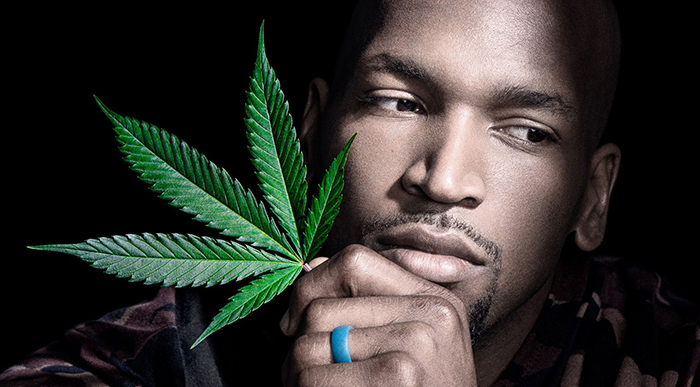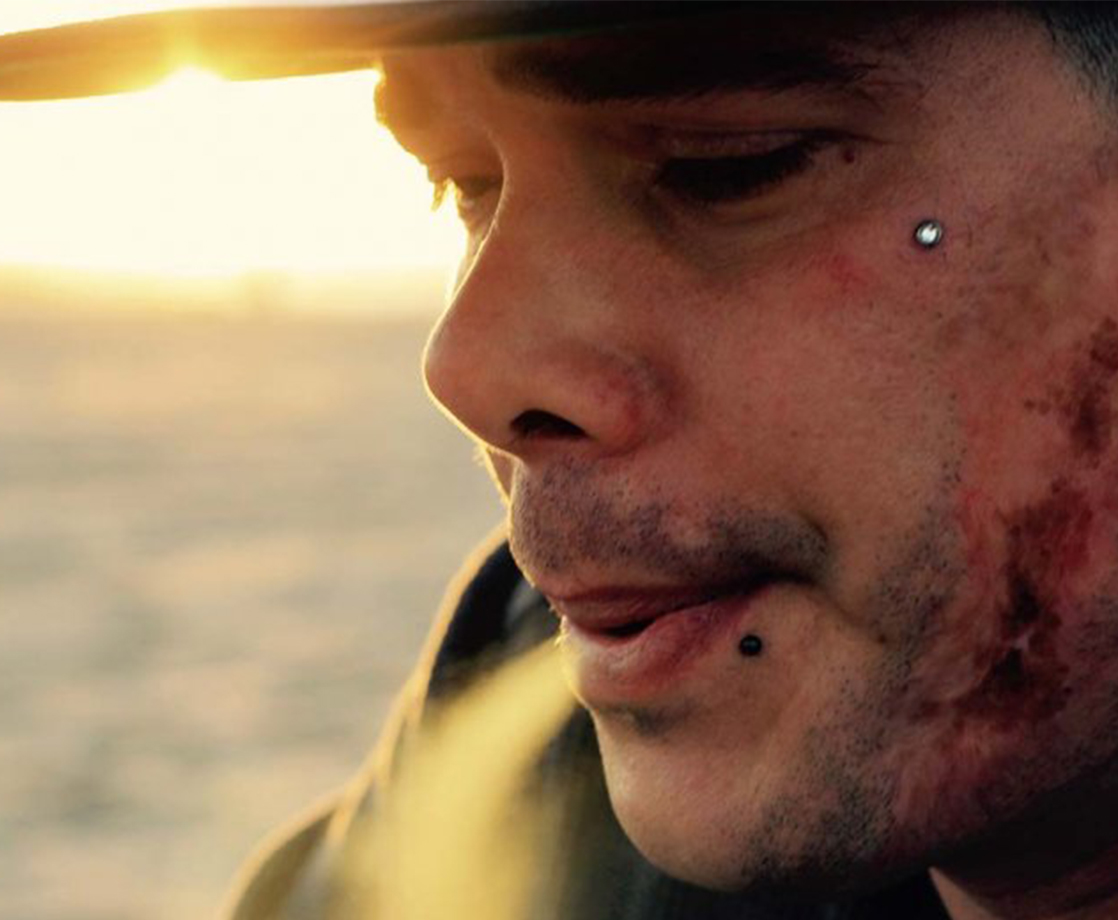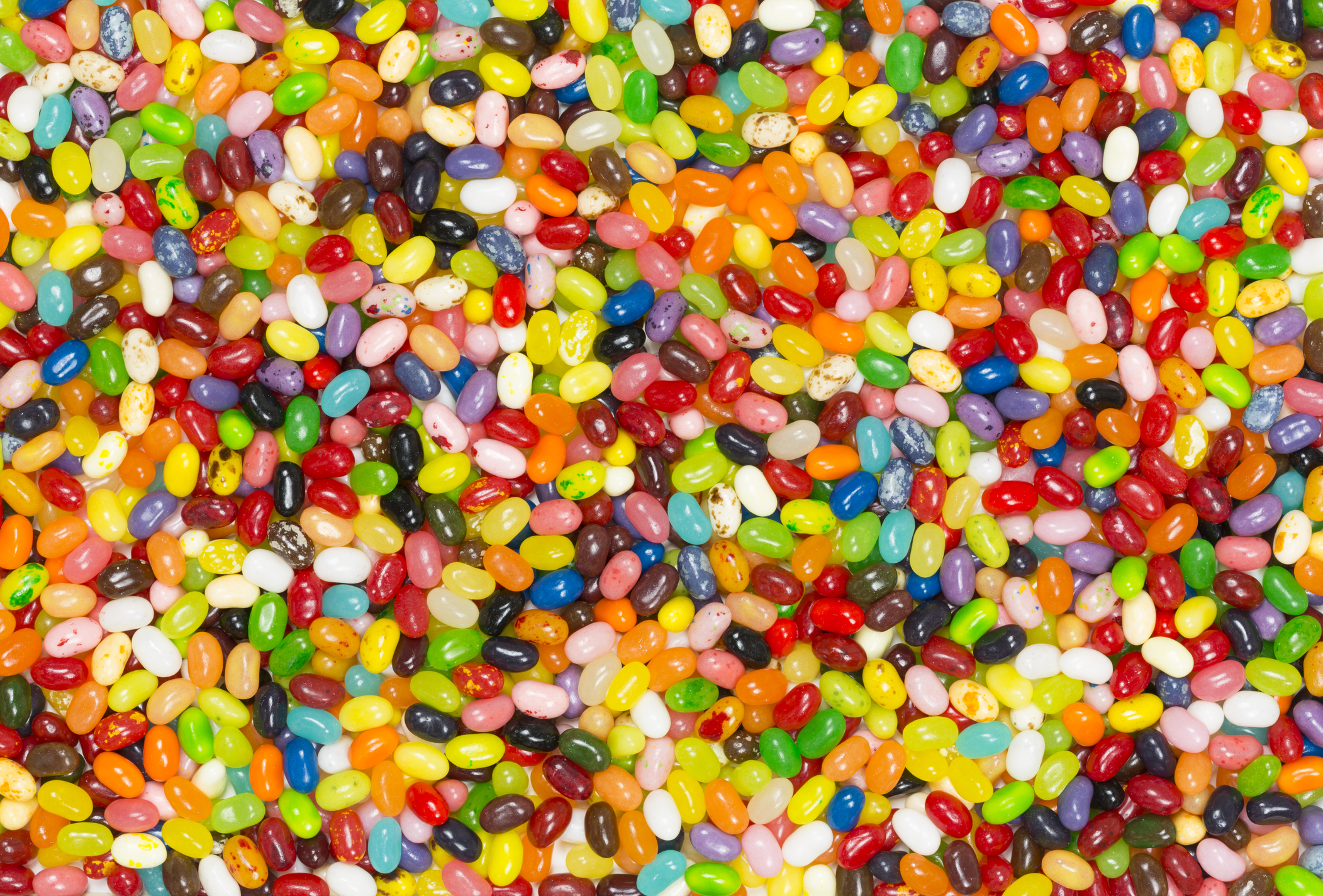“When you play in the NFL you’re injured a lot,” says former Jacksonville Jaguars and Baltimore Ravens offensive lineman Eugene Monroe. “And, for every injury, doctors give you things to manage your pain, so you can stay on the field.”
Unfortunately, for most athletes in the National Football League, those “things” are usually anti-inflammatory drugs and opiate painkillers that can lead to serious detrimental addiction. When Monroe was plagued with multiple injuries after joining the Baltimore Ravens in 2013 to block for Joe Flacco, he too was prescribed a variety of pills to deal with his pain.
After recognizing the negative effects of these highly addictive opiates, he stumbled upon cannabis as an alternative pain medication, which soon blossomed into full-blown advocacy. No professional sports league has a stricter policy on cannabis use than the NFL, so Monroe’s decision was controversial. Selected eighth overall in the 2009 draft by Jacksonville, the University of Virginia standout was considered one of the best rising offensive lineman in the league for years, but the young talent also had a business-savvy mind. Before retiring in June 2016, Monroe was involved the real estate market, and became interested in the cannabis industry.
Monroe recently became a strategic partner with VapeXhale, the health-focused cannabis vaporizer company started by a fellow athlete Seibo Shen. The duo will work together to develop cannabis delivery technologies specifically engineered for athletes suffering from chronic pain. In the meantime, he’s also continued to try and push the NFL towards reconsidering its harsh anti-cannabis policy.
MERRY JANE recently talked to Monroe about being a cannabis advocate as an NFL player, the rampant opiate problem in the NFL, his latest ventures in the cannabis industry, and more.
MERRY JANE: How were you first introduced to cannabis as an NFL player?
Eugene Monroe: I realized after time that it definitely was not safe to take prescription pills, so I started looking at alternative forms of dealing with my pain. I left no stone unturned, trying to find as many ways to heal myself without having to take those pills. An obvious and prevalent alternative seemed to be cannabis, so I spent time learning as much as I could about how people were benefiting from it. It got to the point where it was something I believed in fully. I decided that it was time to start putting a voice to the cause to create access for athletes, understanding that access for athletes could also lead to access for all, which is really more important. I’m fully invested in cannabis for those reasons.
How did other NFL players react to your advocacy?
The reaction from players was pretty positive. Even without using it or understanding the medical value, what they do know is that they shouldn’t be taking the opiate pills that the team doctors give them. Most players who understand that will spare no expense to take care of their body. Guys will budget thousands and thousands dollars every single season just taking care of themselves to be able to stay on the field.
How many players in the NFL do you think use cannabis?
Anecdotally, we know that around 50 percent of the league uses cannabis, and as a player who played seven years, I would say that percentage is even higher. Of those who are actually willing to dance around the rules and use cannabis, some players are unfortunate and fail the [drug] test, and they’re penalized, they miss games, they lose checks, their character is tarnished for a lifetime, and they’ll always be associated with cannabis in a negative way.
Is there a racial component to the NFL’s strict policy?
It’s interesting to see how the overall prohibition of cannabis negatively impacts people of color and minorities. When you look at the major sports leagues and their percentage of minorities, what you see is the NFL and NBA being two of the major sports leagues that are predominantly African-American. That’s where you see the highest degree of penalty. In the NHL, which isn’t majority African-American, players are not punished for testing positive for it.
What impact have you seen with players who ditch opiates for cannabis?
There are a lot of players who’ve played the game and since retiring have found cannabis to be far more efficient for them than taking pharmaceuticals. They feel better, they’re getting their life back in order. A lot of those drugs, particularly the opiates, start to have an affect on your personality and mood—there are changes that are noticeable to your family members. It’s been incredible to hear how switching from pills to cannabis has really affected lives. Their families have the guy back whom they loved for years and years. It’s rather incredible.
Why is it so important that the NFL reconsiders its cannabis policy?
There are so many reasons why the ban on cannabis needs to be lifted. It’s doing nothing positive for players, for the league itself, or for the public. They see issues like Seantrel Henderson, who’s suffering from Crohn's disease and taking cannabis to deal with his inflammation and pain—opiates can’t even help with that. Cannabis is the obvious solution for him and he’s still being penalized for using it. The NFL really needs to think about the message that it sends out about the health and safety of its players. If players live in a state where cannabis is legal, they should be able to choose how they want to heal themselves. Healthcare shouldn’t be a subject that is negotiated through collective bargaining.
If you look at the fact that many of the NFL endeavors revolve around improving family and the NFL being a family, one thing you need to take care of family is to take part in a conversation that will help the families of many NFL players, many of whom come from places that were heavily impacted by the War on Drugs.
How did you get involved with the business side of cannabis?
At the time I had gotten into cannabis I was playing my hand at real estate, investing in development in downtown areas of cities like Baltimore. Then I started to take time to understand how the business side of cannabis worked. Ultimately, it led me to investing in various cannabis businesses. Now that I don’t play football I’ve been using my available time to be more hands-on in the business.
How did you end up your latest venture with VapeXhale?
I connected with VapeXhale as I was spending time learning about the cannabis industry and going around the country to different cannabis conferences. I came across people who knew [VapeXhale founder] Seibo Shen. What I learned in the NFL, and in business in general, is that you have to find the right people—they are the differentiator of success. The more time I spent with Seibo, the more I started to understand who he was, and at the core he was a solid person, someone who is humble but also hungry, much like myself. A lot of the ideology we both have is similar, in terms of what we believe in, our mission to help people. So it made sense for us to align and work towards building together.
What is your ultimate goal as a cannabis advocate?
There’s so much information out there, accounts from people who have had great success taking cannabis and eliminating their pills. Cannabis has a wide variety of applications, so the ultimate goal from my advocacy is to be a part of getting to the day where no adult is punished for consuming cannabis. It’s illogical that we’re punishing people for something safer than what their doctors are prescribing them, a lot of which is leading to families being ruined.











